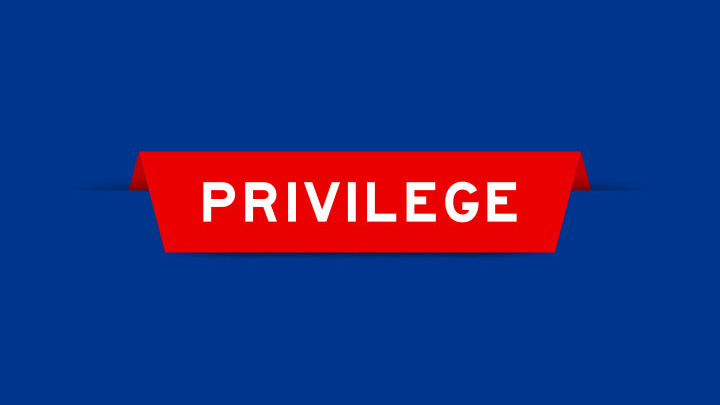Pursuant to a recent press release of the Director of the Labour Inspectorate, the framework for an employee's exposure to their employer's digital social media is further clarified: it is now made clear that it is a legitimate and protected right on the part of an employee to refuse to be included in posts, let alone interact with posts and content relating to the activity of any business. Furthermore, the Director explained what applies in cases of workplace decision-making using artificial intelligence systems.
More specifically, taking into account relevant findings of the Data Protection Authority, a photograph of a person (i.e., of an employee) constitutes personal data (provided that it indicates his or her identity); therefore, its taking, storing and sharing on social media constitutes an act of processing. Data processing, such as the taking and sharing of a photograph or video, is lawful only if the person depicted has consented to the recording and publication of his or her image. The employee has a genuine and free choice to refuse or withdraw any consent to that end, without negative consequences, at all times.
The use of social networks (Facebook, LinkedIn, Twitter, Instagram, etc.) on the part of the employer as tools for examining the profile of a prospective employee, with a view to recruitment, is legitimate in certain cases that relate solely to professional purposes. Hence, a prospective employer is entitled to access and check, on the basis of legitimate interest, public information relating to the employee, available through his or her publicly visible profile, such as studies and previous work experience. Nevertheless, the employer is not allowed to evaluate personal posts, and any information obtained through social networks about the hobbies, friendships and social interactions of employees, their marital status, religious or political beliefs or sexual preferences, must not be a cause of discrimination or be disclosed to third parties. Also, on the basis of the protection of freedom of expression, the employer cannot force an employee to become a "friend" on social networks, or force him or her to tag (/like) posts of the company with a positive or other sign, either at the stage of recruitment or during employment.
Regarding artificial intelligence systems, the Director clarified that the use of automated individual decisions by the employers, particularly via advanced artificial intelligence systems, entail a high risk in terms of threatening the dignity, freedoms, and fundamental rights of employees. The employer, in order to ensure fair and transparent processing, is obliged to specifically inform the employee of the existence of a system for taking such decisions, the logic followed by said system, the importance and the foreseeable consequences of such processing, as well as the employee's right of access to that information.




